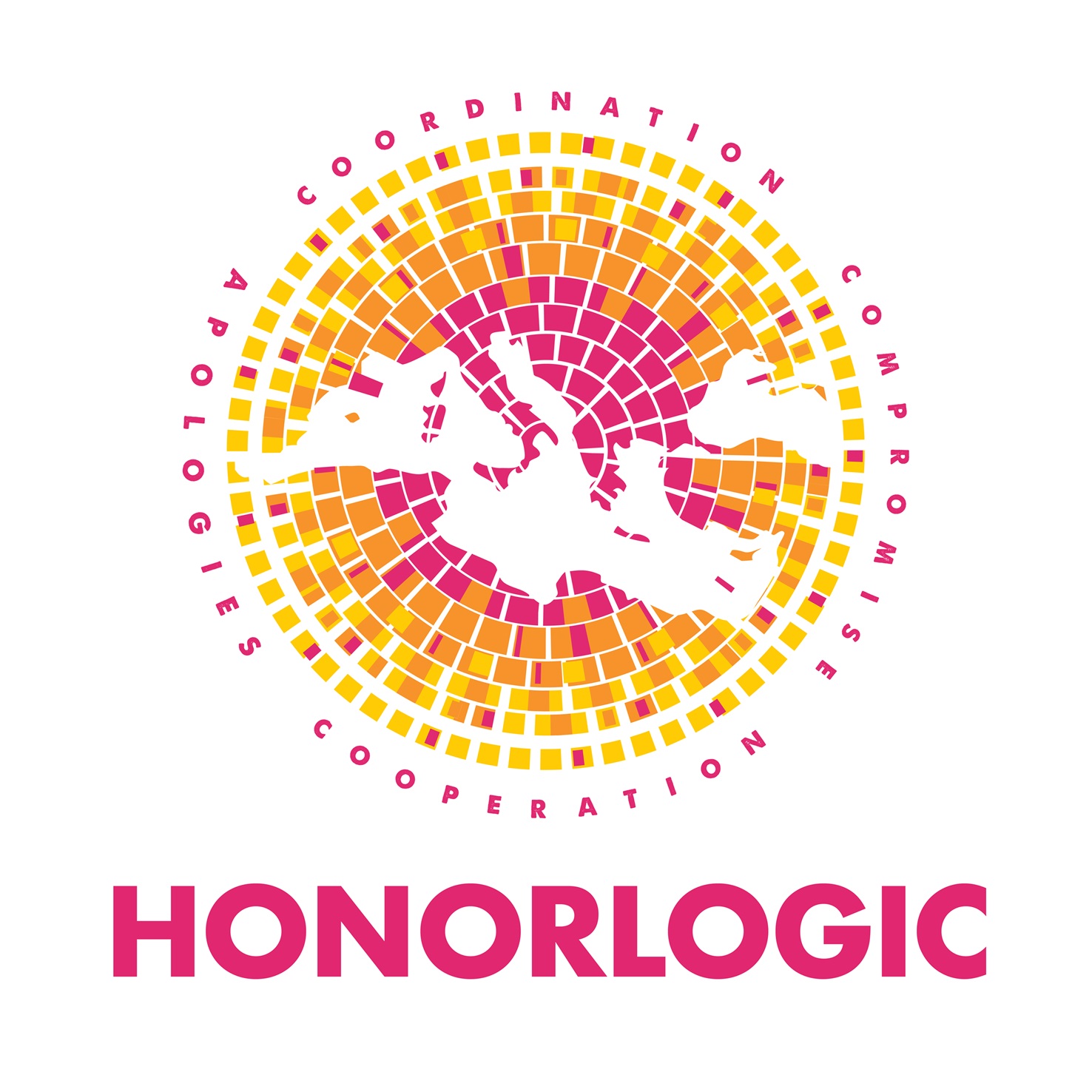HONORLOGIC Project: Original Versions and Full Translations for Social Orientation and Cognitive Style Tasks now available on Project Website
05.02.2024, by Alexander Kirchner-Häusler

Dear Colleagues,
We are pleased to announce the availability of a battery of commonly used measures and tasks assessing cultural variation in social orientation, cognitive style, and self-construal in eight different languages. The measures were employed in one of the work packages of our ERC-funded project HONORLOGIC, and they can be found on our project website (for more visit honorlogic.org).
The materials include original versions and full translations for twelve different tasks related to social orientation, cognitive style, self-construal, well-being, and honor endorsement:
- Implicit Social Orientation Questionnaire (ISOQ; Kitayama et al., 2009; Na et al., 2011)
- Situational vs. Dispositional Attribution Task (Kitayama, Ishii, et al., 2006; Kitayama et al., 2009)
- The Inclusion of Others in the Self Scale (IOS; Aron et al., 1992; Gächter et al., 2015)
- Outside Inside Perspective Task (Cohen & Gunz, 2002)
- Loyalty vs. Nepotism Task (Wang et al., 2009, 2011; Talhelm et al., 2014)
- Exclusion Task (Choi et al., 2003; Klein et al., 2009; Na et al., 2013)
- Self-Inflation (Sociogram; Kitayama et al., 2009)
- Relational vs. Taxonomic Classification Task (Ji, Zhang, & Nisbett, 2004; Knight & Nisbett, 2007)
- Culture and Identity Research Network Self-Construal Scale (CIRN; Vignoles et al., 2016; Yang et al., 2018)
- Domains of Wellbeing (OECD, 2013)
- Honor, Face, and Dignity Concerns (HS-16; Guerra et al., 2013)
- Honor, Face, and Dignity Values (Smith et al., 2017; Yao et al., 2018)
Versions and translations of these tasks, as well as of common demographic questions, are available for many major languages within the Mediterranean region and beyond (English, Spanish, Italian, Greek, Turkish, Arabic, Korean, and Japanese). For the empirical use of these questionnaires, please see Uskul and colleagues (2023). All materials are available under a CC BY-NC-SA license.
You can download all materials at https://honorlogic.org/study-materials/.
As always, there may be imperfections in these translations, hence we advise anyone who is interested in using them to check the translations and make the necessary adjustments. We are also open to receiving feedback to improve existing versions.
We hope these materials will be useful for some of you and your students in conducting research in different linguistic communities around the Mediterranean and beyond.
Best wishes,
Alexander Kirchner-Häusler